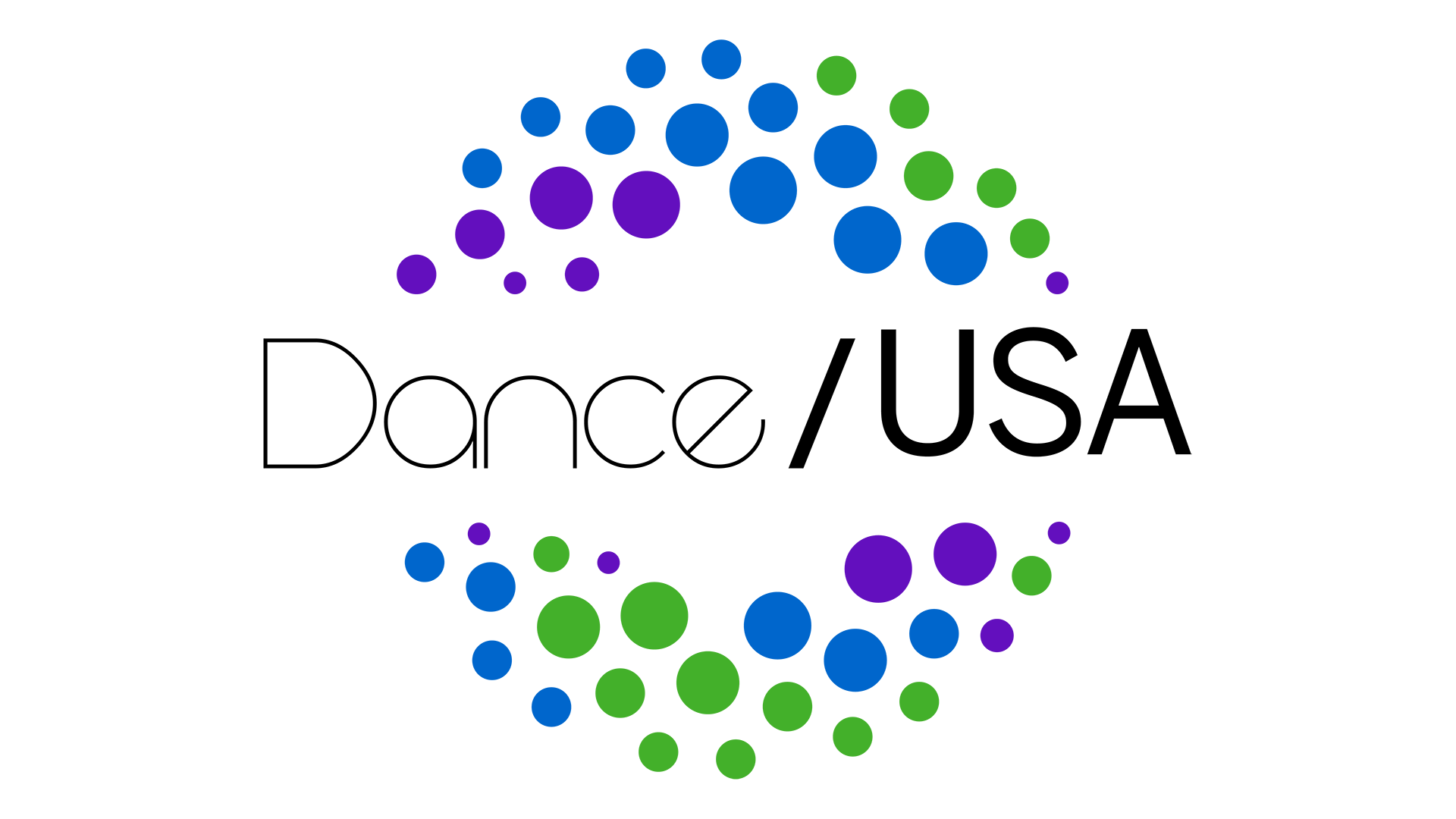As arts administrators and company directors, we keep ourselves pre-occupied – even overwhelmed – just getting through the days, maintaining the company, getting the next engagement and tour settled, and the next fundraising proposal filed on time. It’s easy to lose sight of the big picture when we stay so busy putting out fires and keeping a dozen balls in the air at once. But as dancers, arts managers, and company directors, each of these connections is so very important to demonstrating to our public servants that dance, too, is a public service and is an integral part of our society.As dancers, arts managers, and company directors, it is so important to demonstrate to our public servants that dance, too, is a public service and is an integral part of our society.
Late last year, I had the pleasure of traveling to Washington, D.C., to meet with my members of Congress and discuss dance and arts-related issues that affect my company in New York. These same issues may very well affect your company or work as an artist in your state. I recalled my years of work as a labor specialist with New York State United Teachers and the American Federation of Teachers. We had a huge and powerful constituency, and these organizations managed immense lobbying campaigns that worked like highly calibrated machines by connecting teachers to legislators and presenting them with background on pertinent issues, while also providing just the right amount of effective persuasion.
Prior to my trip to Washington, I worked with Amy Fitterer, formerly Dance/USA’s government affairs director, presently Dance/USA executive director, to coordinate my legislative visits. With the expertise of the government affairs office, I had little to worry about. The office scheduled my meetings, provided me with background briefs on my members of Congress, and helped me prepare my talking points. The day I was scheduled to meet with my representative, Louise Slaughter (NY-28), I had already reviewed my briefing documents and felt completely prepared.
The background materials contained relevant facts on arts/dance-related issues that affect all of us. And, of course, I was reminded to make a point of thanking Rep. Slaughter for her help with the stimulus dollars Garth Fagan Dance received. I told her staff that these funds were integral to enabling the company bridge our shortfall while we developed our response to the economic crisis. In fact, the stimulus assistance helped save five apprentice dancers’ jobs, and I let Louise’s staff know that. Joining me that day on the Hill visits were my colleagues from New York: Ken Tabachnick (formerly of NYCB), Jawole Willa Jo Zollar (Urban Bush Women), Wayne Hazzard (Dancers’ Group), and Karen “KB” Brown (University of the Arts, Philadelphia). Then I continued on to meet with Sen. Charles Schumer and Sen. Kirsten Gillibrand. These visits emphasized for me that we readily take for granted that our lawmakers know who we are, but in-person visits are important to demonstrate that we are the faces behind the logos. We are their constituents, and, as individual dancers and as companies, collectively we make a huge financial impact on the economy and on their districts, which is as important as the transformational artistic and educational impact we provide to our dance-going and dance-consuming constituents.
I was quite impressed with each legislative staffer’s knowledge of the impact of health care as it affects non-profit individual members and small companies like ours. I knew, of course, that it was critical to mention how important ongoing support is for the National Endowment for the Arts. And, I knew, too, how necessary it was to discuss in concrete ways how the stimulus dollars helped save jobs and maintain our organization’s stability during a difficult time. While each staffer was obviously very busy, I was most impressed by the youth and enthusiasm and the time the staffers took to listen attentively and carefully and to take notes on what we discussed. One comment stood out: They noted that they don’t often meet with many dancers or performing artists on behalf of our field.
Now that’s a problem we need to address – and change! Personal legislative visits are important and as necessary a part of the work we do as what happens on stage, in the studio and in the office. Personal legislative visits are important and as necessary a part of the work we do as what happens on stage, in the studio and in the office. You don’t have the time? It just takes a day, especially with the help of Dance/USA’s legislative affairs department. These visits are easy to arrange and to prepare for, as well as enjoyable. We had some lovely and memorable conversations with the staffers, and discussing what we do allowed them to relate back to an artistic experience they had in high school or college that inspired them. Yes, I was fortunate that they knew who Garth Fagan was – The Lion King still has legs – and some noted that they had either seen The Lion King or another contemporary dance performance by the company. Some studied a musical instrument, or sang in a high school chorus, or took dance lessons as a child. We just helped them tap back into those pleasing artistic memories.
By partnering with other dance companies in my legislative district for these meetings, I was also able to connect with like-minded colleagues. From Ken Tabachnick I learned about some of the issues and how they impact the company. And I also now have a clearer picture of what happens in Washington. Back home in my office, I can still see the staffers sitting in front of monitors reading and managing the many constituent letters and comments they receive each day. I saw them on the phones, which never stopped ringing, and most of all I felt welcomed in Washington by my legislators and their staffs.
At my desk here in Rochester, I feel more connected to our government’s inner workings and to our legislators. I know how important it is to maintain that connection, and following my visit I made it a point to thank my legislators. And when I found I needed their help two months ago, it was easy to pick up the phone and call Louise Slaughter’s office for assistance. Within two days her assistant called back and then e-mailed me the contact information I requested. It was a simple transaction, but without my initial meeting in Washington, I don’t know that it would have been as easy.
If you have plans to be in D.C., make it a point to contact Dance/USA’s government affairs office and arrange a visit with your members of Congress. It’s important for you, for your company, and for our field as a whole to make your voice heard in the halls of Congress.
Ruby Lockhart is the executive director of Garth Fagan Dance, the Rochester, NY-based modern dance company founded by Tony and Bessie Award-winner Garth Fagan, the company’s artistic director and president. Previously, Ms. Lockhart co-owned the cultural institution All Day Sunday for 33 years, and spent 23 years as a labor relations specialist with New York State United Teachers handling contract negotiations, arbitrations, organizing presentations, and workshop development on sexual harassment, diversity, workplace discrimination, state, and federal laws affecting employees including Fair Labor Standards, Age and Gender discrimination, Title IX and others. She was a member of the American Arbitration Association. Ms. Lockhart has received much recognition and many awards, most notably the Rochester Area Community Foundation Philanthropy Award, the Unsung Heroes from the City of Rochester, Black History Month Gate Opener from the Rochester City School District for contributions to the vitality of Rochester, the Austin Steward Strive for Freedom Award, a High Falls Honor for outstanding contributions to Rochester, and was a 2004 Athena Award nominee. She’s Dance/USA chair.
____
We accept submissions on topics relevant to the field: advocacy, artistic issues, arts policy, community building, development, employment, engagement, touring, and other topics that deal with the business of dance. We cannot publish criticism, single-company season announcements, and single-company or single artist profiles. Additionally, we welcome feedback on articles. If you have a topic that you would like to see addressed or feedback, please contact communications@danceusa.org.
Disclaimer: Opinions expressed in guest posts do not necessarily represent the viewpoints of Dance/USA.


